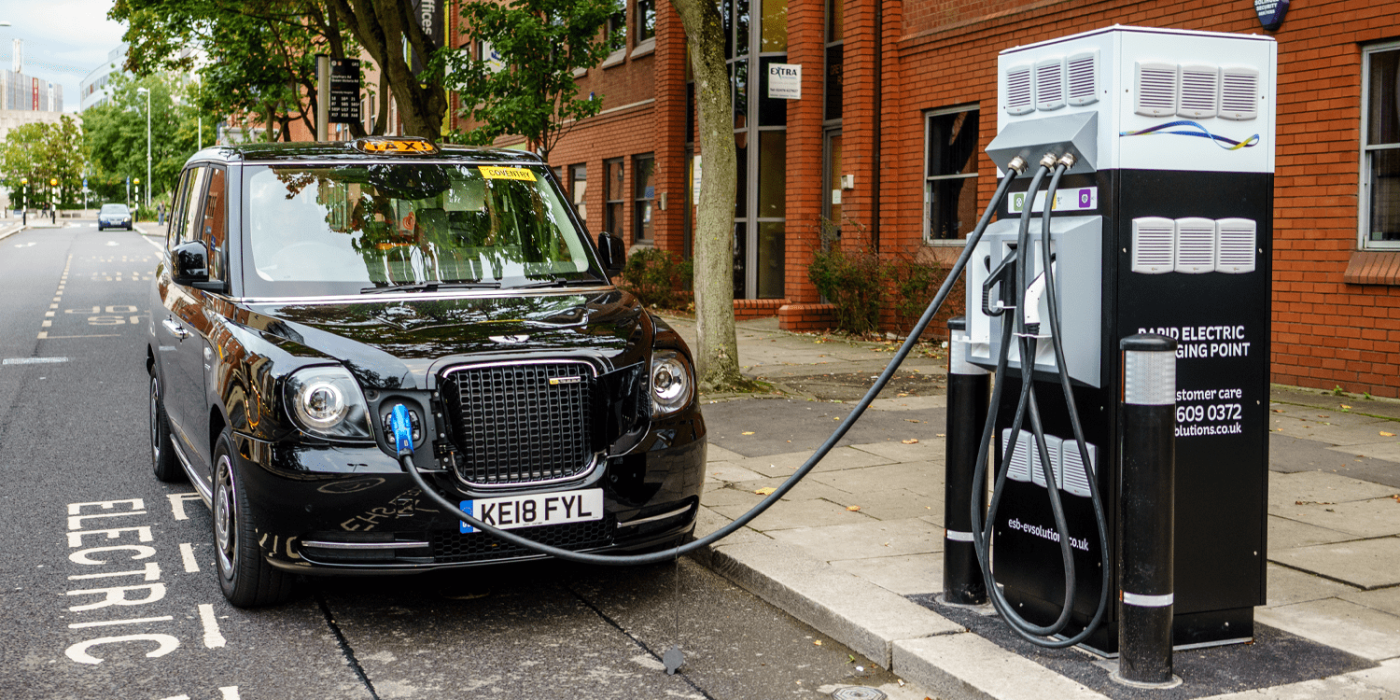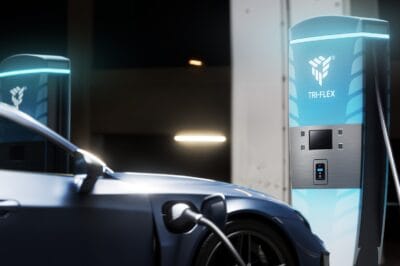UK Government extends charging infrastructure grants
The British Government has announced another £70 million funding, which now concerns all three charge point schemes.
++ This article has been updated, please see below. ++
The first announcement was of on-street electric vehicle charge points. In a letter to councils, Transport Secretary Grant Shapps said the On-Street Residential Chargepoint Scheme (ORCS) would continue with £20 million. The new funding for 2021/22 is double the investment made last year and four-time that made in 2019. Local authorities can use it to pay for up to 75% of the cost of installing EV infrastructure. This allows residents without private parking to charge their vehicle.
When introducing the ORCS in 2020, grants covered £6,500 per station and £7,500 in certain circumstances. One year on and the government claims to have installed almost 4000 chargers since 2017 though 140 local authorities.
With the new funding boost, they hope to double this number to 8,000 on-street charge points.
Simultaneously, the UK must keep up in crucial charging infrastructure as about 40% of the country’s household do not own a garage or parking space. Recent research from Centrica suggested that councils were planning to install an average of only 35 on-street electric vehicle chargers, between now and 2025.
Centrica had commissioned the study under a Freedom of Information request to over 400 councils and revealed striking regional differences, whereas absolute numbers across 400 councils looked not too bad. They counted 7,682 on-street chargers currently installed but only a further 9,317 planned until 2025. Autocar also quotes figures from energy consulting group Cornwall Insight, showing there were just 0.28 public chargers per EV last year, compared with nine per EV in 2018.
Electric and plug-in hybrid vehicles accounted for more than 10% of all new car registrations in 2020, more than a threefold increase from 2019. To keep up with EV adoption, the funding seems well needed.
Nick Harvey, senior programme manager at Energy Saving Trust, which runs the ORCS scheme, called on local authorities. They were “to access this funding as part of their plans to decarbonise transport and improve local air quality.”
Update 13 February 2021: Following the above extension of the ORCS, the DfT has now also announced to extend the Electric Vehicle Homecharge Scheme (EVHS). It provides up to £350 towards a charge point and will continue next year and be expanded to target people in rented and leasehold accommodation.
Simultaneously, the DfT opened up the Workplace Charging Scheme (WCS) to small to medium enterprises (SMEs) and the charity sector. The changes will also mean that small accommodation businesses, such as B&Bs can benefit from the funding.
There are up to £50 million reserved in the budget as the government hopes to include more rural areas. The new funding is separate from the £20 million the DfT will make available through the ORCS scheme as reported above.
The Department also points to the consultation on improving the charging experience which they have just launched. They seek to simplify the charging experience for drivers, i.e. through pay as you go and 24/7 support and improved data on the accessibility of charge points across the UK.
autocar.co.uk, gov.uk (ORCS), gov.uk (EVHS & WCS), gov.uk (consultation charging experience)





0 Comments